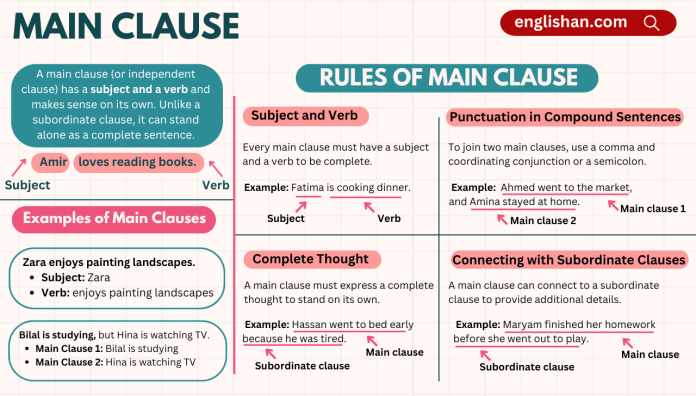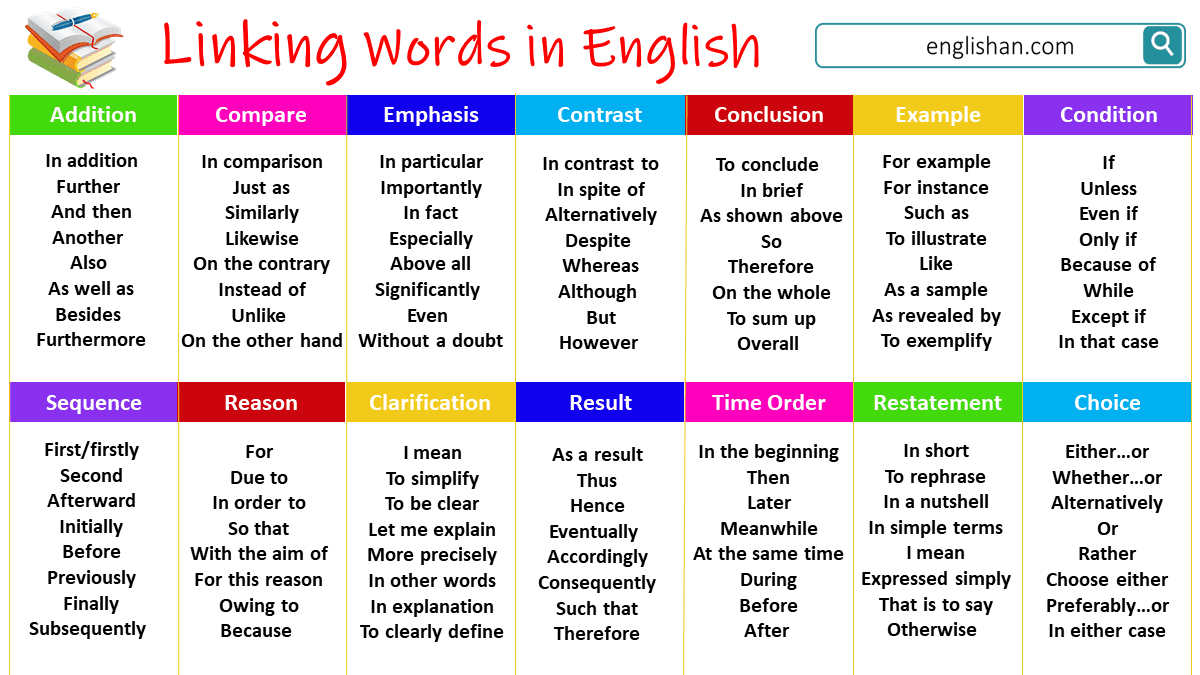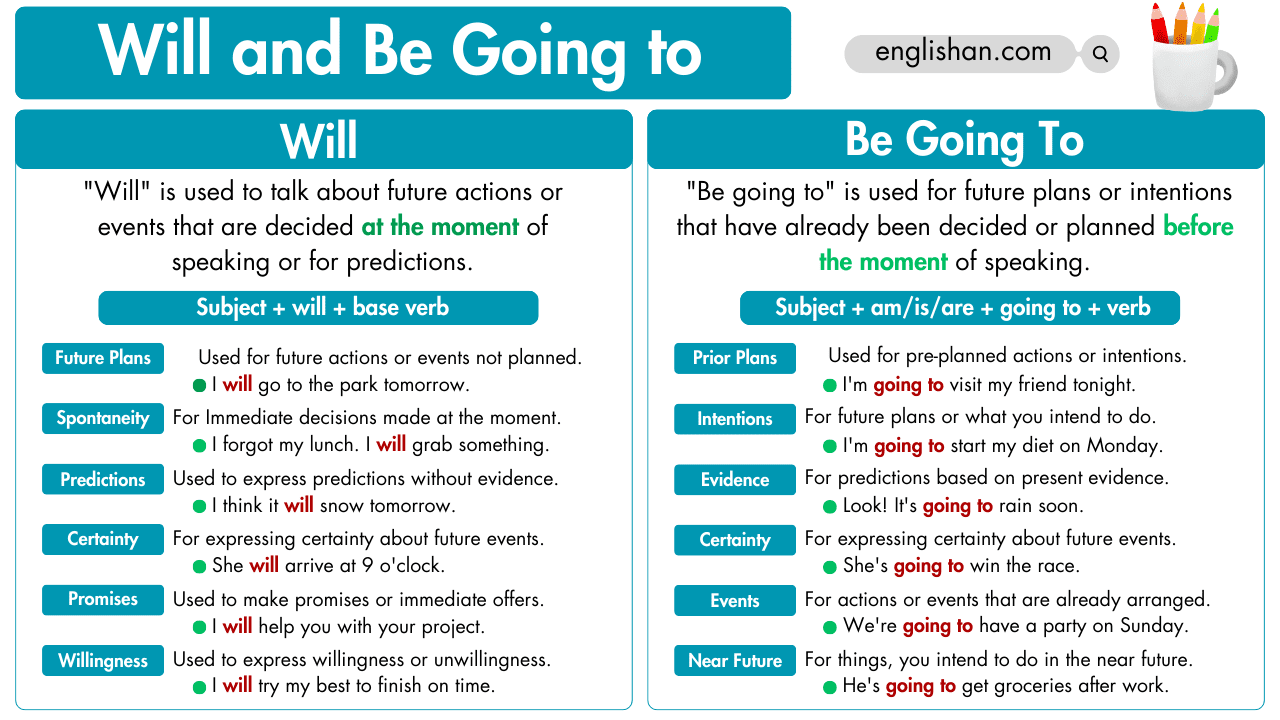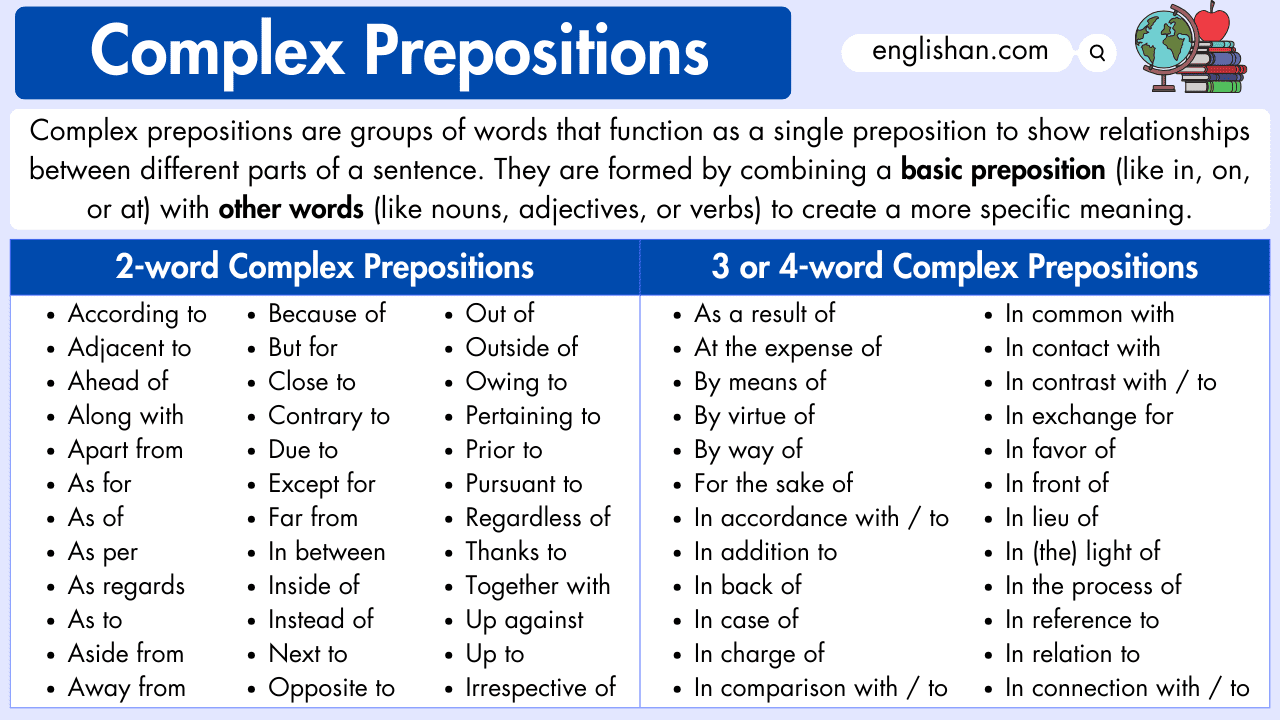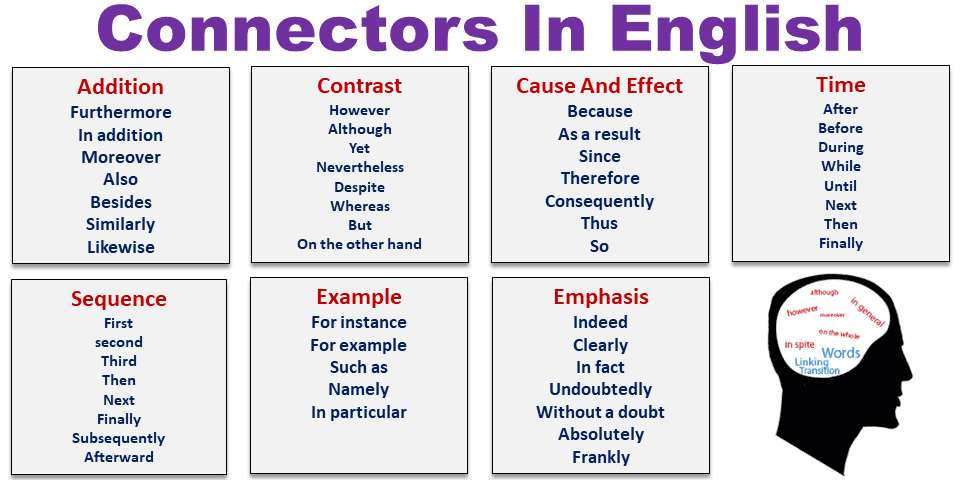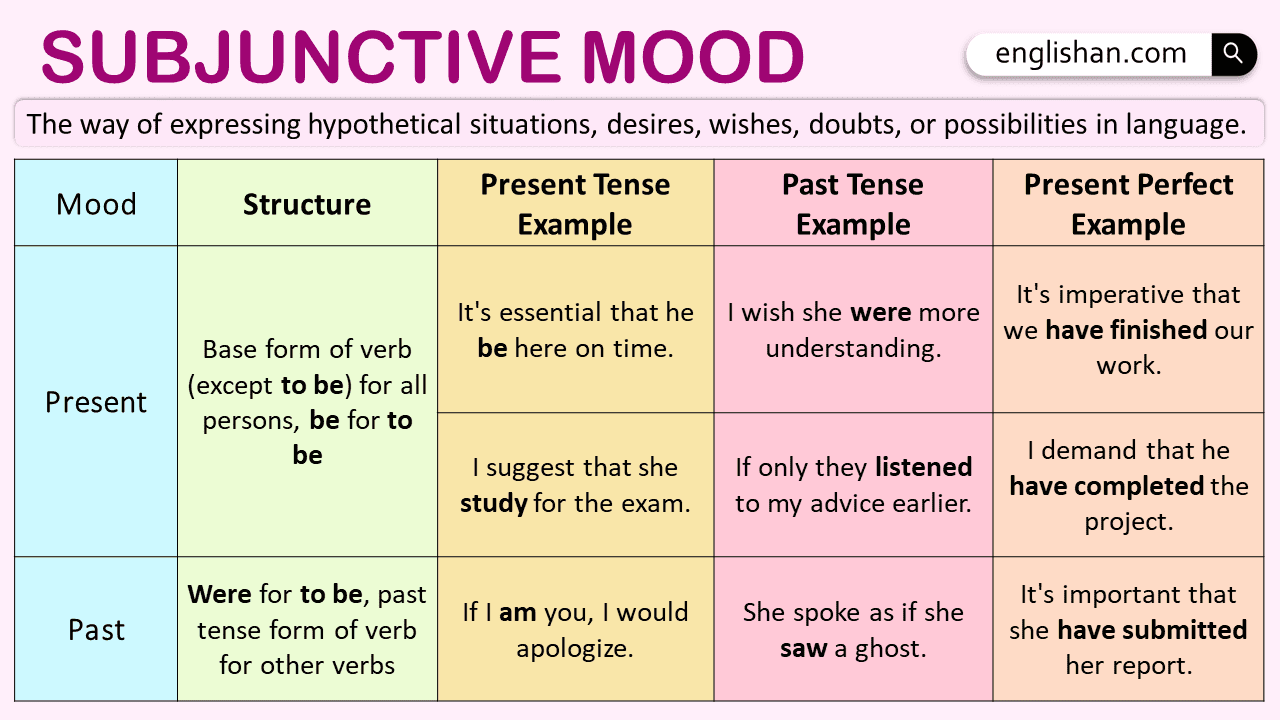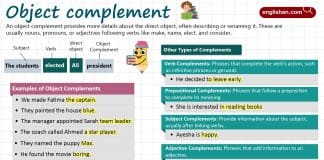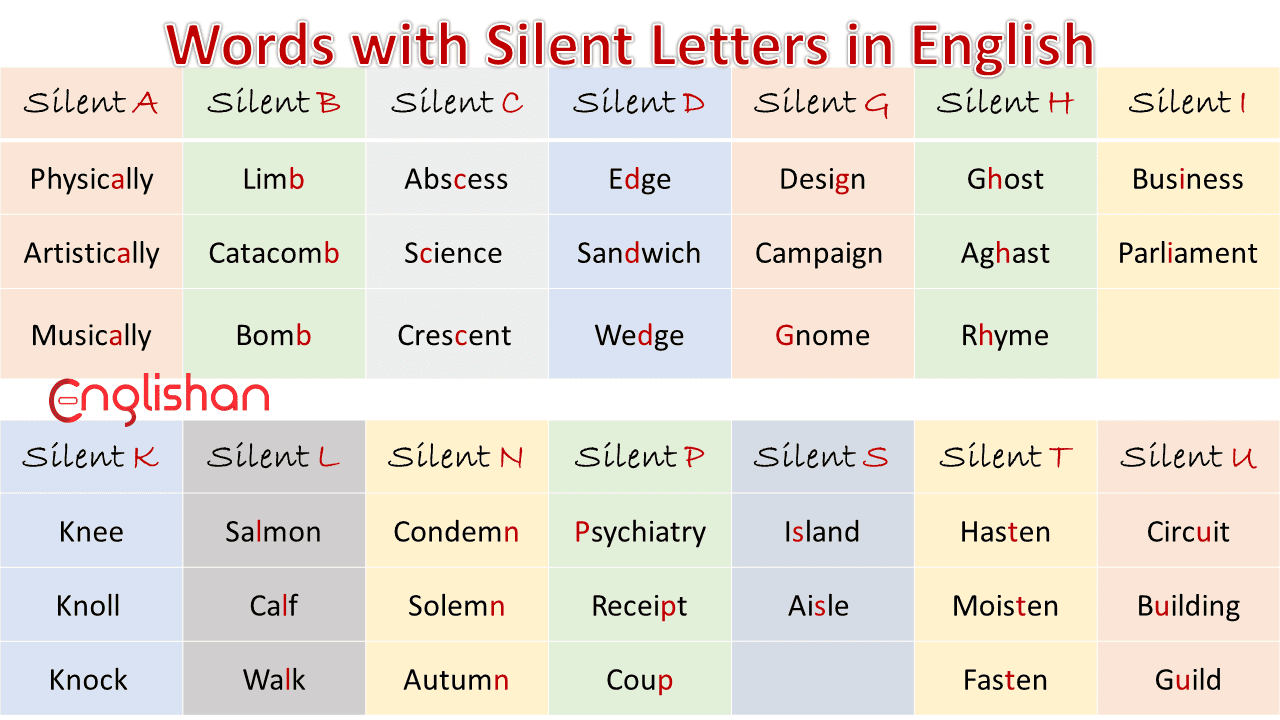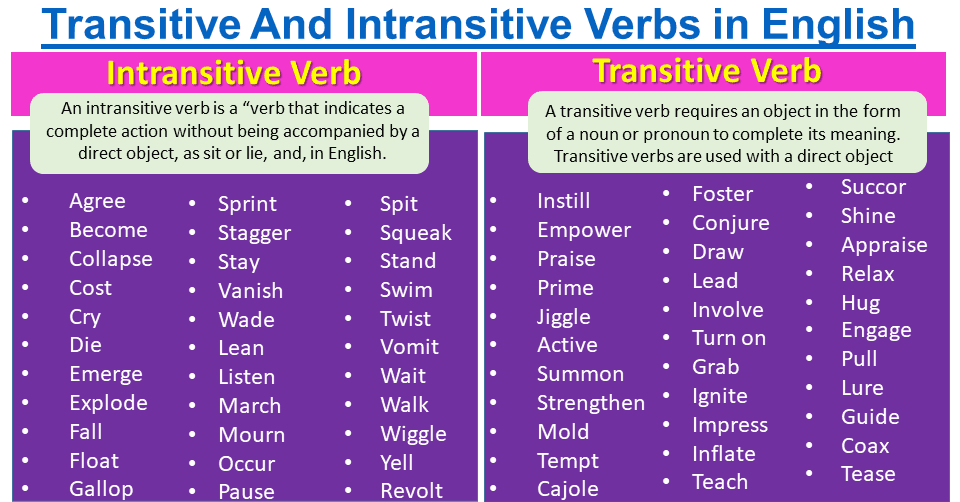Contents
In English grammar, a main clause is a group of words with a subject and a verb that expresses a complete thought. A main clause can be a full sentence on its own, which makes it very important in writing. Learning about main clauses helps you understand how sentences work and makes your writing clear.
Main clauses are key to writing and speaking because they let us communicate complete ideas. They are the building blocks of sentences, making understanding and sharing thoughts easier. Let’s take a closer look at the main clauses and how they work in English.
What Is a Main Clause?
A main clause (also called an independent clause) is a group of words with both a subject and a verb. It expresses a complete idea and makes sense on its own. This is different from a subordinate (or dependent) clause, which needs a main clause to make sense.
For example:
- Amir loves reading books.
In this sentence, “Amir” is the subject, and “loves reading books” is the verb part. This main clause makes a complete statement and can be a full sentence by itself.
Main clauses make up simple sentences. They can also be combined to form compound or complex sentences.
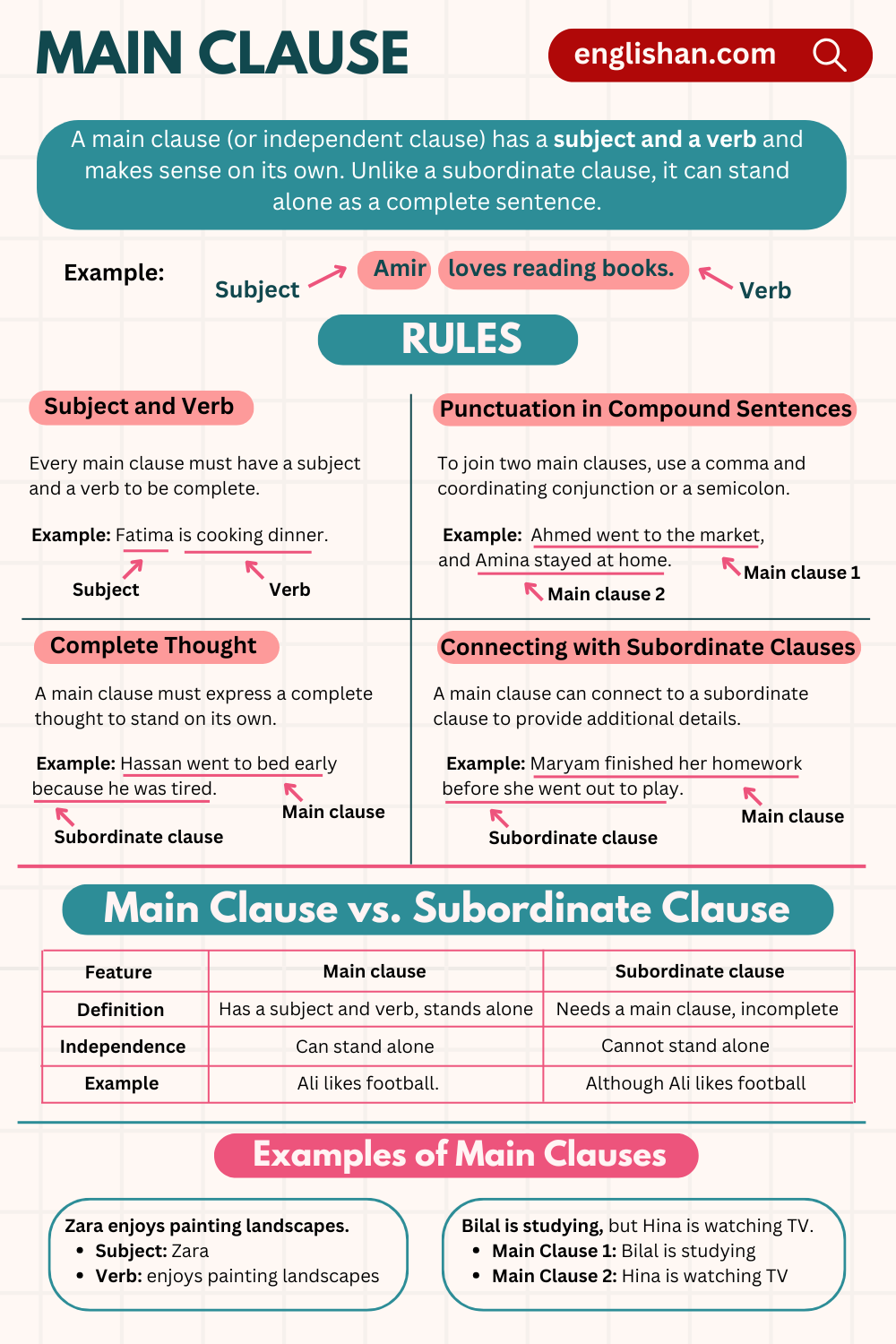
How to Use a Main Clause in a Sentence
Using main clauses correctly is important for making sure your sentences are complete and make sense. Here are some simple rules to help you use main clauses:
- Subject and Verb Requirement: Every main clause must have a subject and a verb. Without these, the clause cannot stand alone.
- Fatima is cooking dinner.
- Punctuation in Compound Sentences: When combining two main clauses, use a comma and a coordinating conjunction (for, and, nor, but, or, yet, so) or a semicolon.
- Ahmed went to the market, and Amina stayed at home.
- Express a Complete Thought: A main clause should always express a complete thought that makes sense by itself. Avoid fragments that are missing important parts.
- Incorrect: ❌ Because Hassan was tired. (This is not complete)
- Correct: ✅ Hassan went to bed early because he was tired.
- Connecting with Subordinate Clauses: A main clause can be connected to one or more subordinate clauses for extra information, but the main clause should be able to stand alone.
- Maryam finished her homework before she went out to play.
Difference between a Main Clause and a Subordinate Clause
It is important to understand the difference between main and subordinate clauses to use them correctly.
| Feature | Main Clause | Subordinate Clause |
|---|---|---|
| Definition | Has a subject and verb and expresses a complete thought. It can stand alone. | Has a subject and verb but does not express a complete thought. It depends on a main clause. |
| Independence | Can stand alone as a complete sentence. | Cannot stand alone, needs a main clause. |
| Example | Ali likes football. | Although Ali likes football |
| Usage | Forms simple, compound, or complex sentences. | Adds extra information to a main clause. |
To make sense, a subordinate clause must be attached to a main clause:
- Ali likes football although it’s raining outside.
Here, “Ali likes football” is the main clause, while “although it’s raining outside” is a subordinate clause that adds more information.
Examples of Main Clauses
Here are some examples of main clauses to help you understand better:
- Zara enjoys painting landscapes.
Zara is the subject, and “enjoys painting landscapes” is the verb part. This is a complete sentence and stands on its own. - Bilal is studying, but Hina is watching TV.
This sentence has two main clauses joined by the word but. Both “Bilal is studying”” and “”Hina is watching TV” can stand alone as complete sentences. - Sarah cooked dinner, and Usman cleaned the dishes.
In this example, “Sarah cooked dinner” and “Usman cleaned the dishes” are both main clauses joined with “and” to make a compound sentence.
FAQs
A main clause is a group of words that has a subject and a verb and expresses a complete thought. It can be a sentence by itself, unlike subordinate clauses which need a main clause.
To find a main clause, look for a subject and a verb that express a complete idea. If it makes sense on its own, it is a main clause.
Yes, a sentence can have more than one main clause. These are called compound sentences, and they are joined by words like “and,” “but,” or “so.”
A main clause can be a complete sentence by itself, but a subordinate clause cannot. Subordinate clauses need to be attached to a main clause for meaning.
Here are some examples of main clause: “Sara loves to play basketball.” This is a main clause because it has a subject (Sara) and a verb (loves) and expresses a complete thought.
You May Also Like
